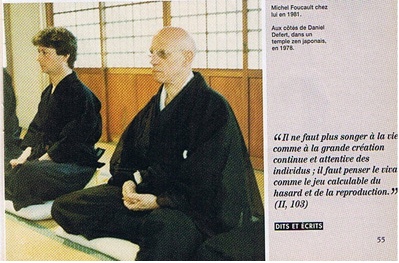The case for a predominantly materialist approach to addressing the welfare needs of citizens has come under scrutiny in recent psychological and neurological research, demonstrating the central role of subjective accounts that help to delimit the capacity of the market to deliver the good life. Kasser (SDC 2009) has found that the intrinsic aims for… Continue reading Wellbeing – Part 5
Biopolitics, the Attention Economy and Wellbeing:In the ‘attention economy’, resistance and awareness are no longer strangers.

The Political Economy of Attention – Mindful Commons and Wellbeing When everything counts, of course you have to count everything! The drive for more comprehensive measurement is entirely consistent with the biopolitics of neoliberalism and ‘cognitive capitalism’. In the meantime it is being lauded as part of the ‘Beyond GDP’ and wellbeing agenda. Cognitive capitalism… Continue reading Biopolitics, the Attention Economy and Wellbeing:In the ‘attention economy’, resistance and awareness are no longer strangers.